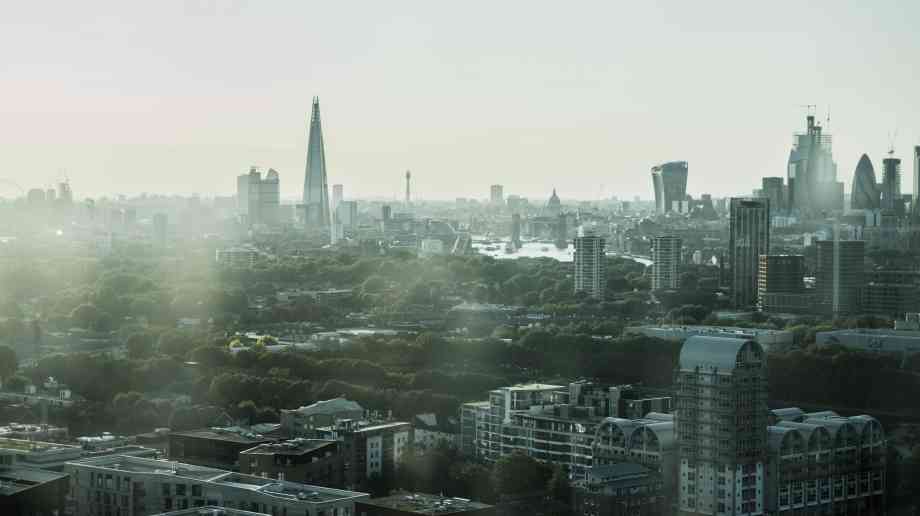Sue Robb of 4Children talks to Julie Laughton and Alison Britton from the Department for Education about the role of childminders in delivering the 30 hours free entitlement.
BAME Londoners more likely to be affected by climate

New data shows that areas of London with Black, Asian and minority ethnic populations of more than 50 per cent are more likely to face the highest climate risk.
City Hall analysis has shown that if the necessary action is not taken to tackle the climate emergency and extreme temperatures and flooding continues to get worse, a quarter of London’s rail stations, one in five schools, nearly half of London’s hospitals and hundreds of thousands of homes and workplaces will be at risk of flooding in the future.
The Mayor of London has already taken action through the introduction of the world’s first Ultra Low Emission Zone, which has helped reduce pollution in central London by nearly half at the same time as cutting carbon emissions. The expanded ULEZ is expected to reduce road transport NOx emissions by around 30 per cent. Sadiq Khan has also recently asked TfL to consult on expanding the Ultra Low Emission Zone London-wide in 2023.
Since 2016, Khan has also overseen the planting of over 340,000 trees, including two woodlands, the introduction of more than 700 zero-emission buses and developed a climate action plan that is compatible with the highest ambition of the Paris Agreement.
As the new chair of C40, an organisation of 97 cities across the globe that represent over 700 million people and a quarter of the global economy, Khan has committed to supporting cities around the world to roll out similar bold action to address emissions and air pollution.
Khan said: “The climate emergency is one of the biggest global threats we face today. Here in London we are already experiencing first-hand the impact of the climate crisis, with flash floods in the summer of 2021 and heatwaves in 2020, which led to almost 500 additional deaths. We don’t have time to waste. The climate emergency means we only have a small window of opportunity left to help save the planet by reducing carbon emissions.
“This is also a matter of racial justice. The effects of the climate crisis won’t impact all Londoners equally – with the poorest, minority communities and most vulnerable expected to be hit the hardest. Poverty, deprivation and health inequalities will reduce people’s ability to prepare for, respond and recover from overheating and flooding incidents.
“London has a responsibility to act – not only to protect our capital, but to help safeguard the places around that world that we are so fundamentally linked to as a city. That’s why I’m determined to ensure that London continues to lead from the front in tackling air pollution and the climate emergency.”
Company Focus
Located in Bromley, Japanese Knotweed Eradication Ltd has been providing solutions in the treatment and removal of Japanese Knotweed (Fallopia Japonica) for over a decade. During this time we have mastered a repertoire of methods, from herbicidal treatments to landscaping solutions, tailored to address the unique challenges our clients face with this pervasive weed.
Event Diary
UKREiiF has quickly become a must-attend in the industry calendar for Government departments and local authorities.
The multi-award-winning UK Construction Week (UKCW), is the UK’s biggest trade event for the built environment that connects the whole supply chain to be the catalyst for growth and positive change in the industry.
Supplier Profiles
Geo Energy
At GeoEnergy Design, we're on a mission to disrupt the traditional way heating and cooling ha
Latest Features
Professor Harith Alani, director of the Knowledge Management Institute at the Open University explains how AI can be used for good and bad.
Alex Lawrence, head of health & social care, techUK sets out techUK’s Five Point Plan for CareTech.

















